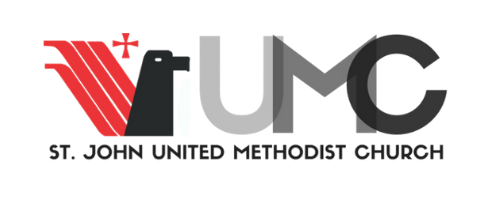By Betty Hertz
Isaiah 1:16-17
16 Wash yourselves; make yourselves clean;
remove the evil of your doing from before my eyes;
cease to do evil,
17 learn to do good;
seek justice,
rescue the oppressed,
defend the orphan,
plead for the widow.
As I practice being intentional about my spiritual journey this Lenten season, I find myself reflecting on the lessons John Wesley taught. Of course, Wesley’s Three General Rules came to mind. Pastor Andy referred to these recently in a sermon: Do no harm, Do good, Stay in love with God. Not surprisingly I discovered scripture that provided the basis for the rules. The passage in Isaiah clearly reflects one source of Wesley's rules. With Lent being a time of self-reflection, the words provided me with a focus. I zeroed in on “cease to do evil,” which is the basis for Wesley's Rule One: Do no harm.
Often when I have heard that rule, I have thought: I can check that one off - I don't harm others and I don't do harmful actions. However, in looking closer at these words, I realized I do have harmful practices. A glaring one - I don't listen to the other side on issues of social justice. Being closed-minded is not the way God wants me to live. If I truly believe each person is a child of God, I need to treat each person the way Jesus taught.
In thinking about the rule “Do no harm,” one of the questions Wesley liked to ask early Methodists came to mind: “Is there anyone who I fear, dislike, disown, criticize, hold a resentment toward or disregard? If so, what am I doing about it?”
My response: “Well, God, I know you already know my answers but insist on hearing them from me, so we're going to have many talks about this question! And I know You will guide me if I am patient.”
Lent is about self-reflection and about strengthening my connection with God. My spiritual journey continues.
Heavenly Father,
Thank You for walking beside me as you teach me to be accepting of all your children. Help me to do no harm in my daily life. In Jesus name, Amen
Betty Hertz is a longtime member of St John UMC, a Stephen Minister and a member of SPRC. When not doing volunteer work, she is playing with her three goofy dogs.






